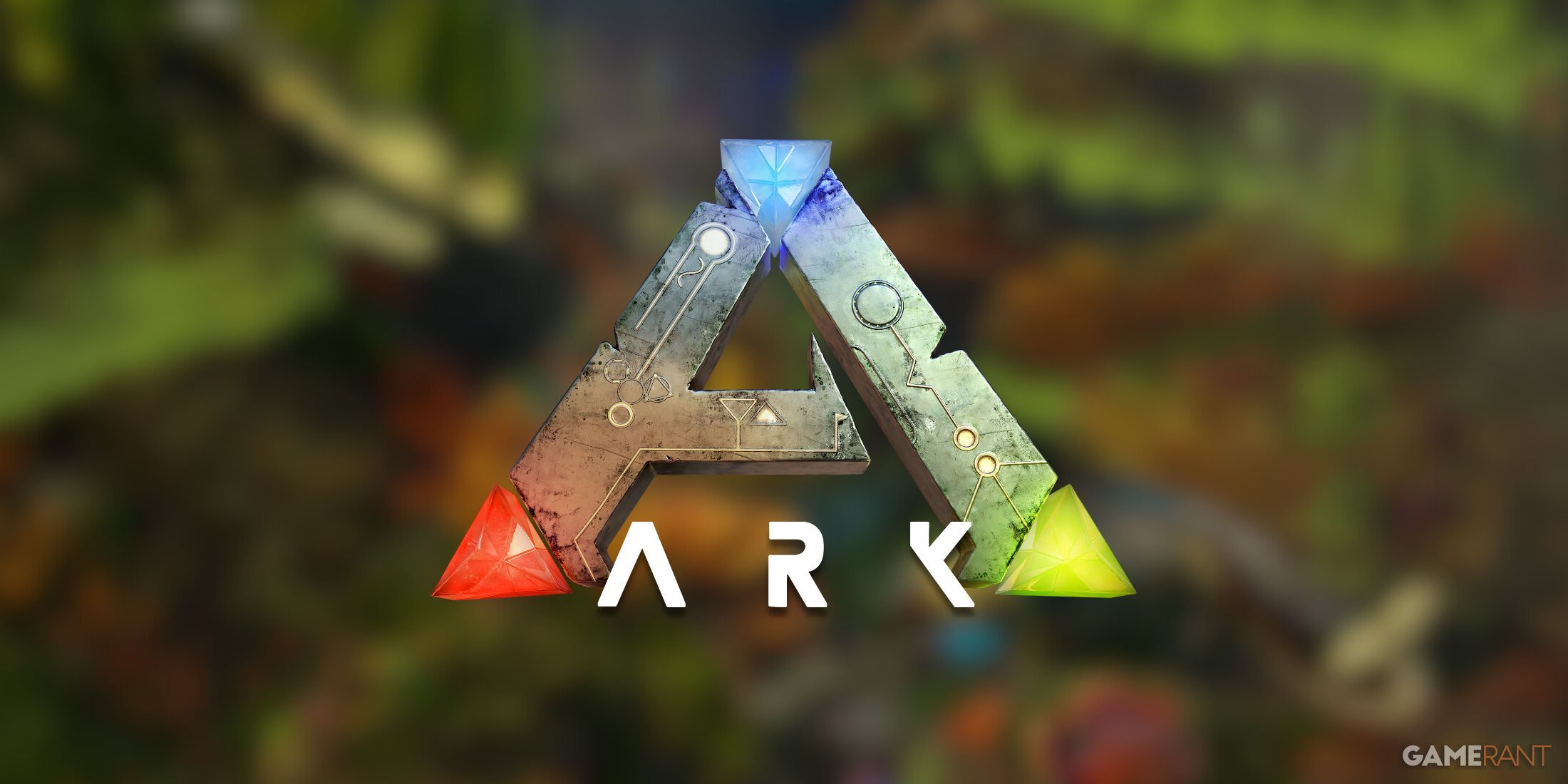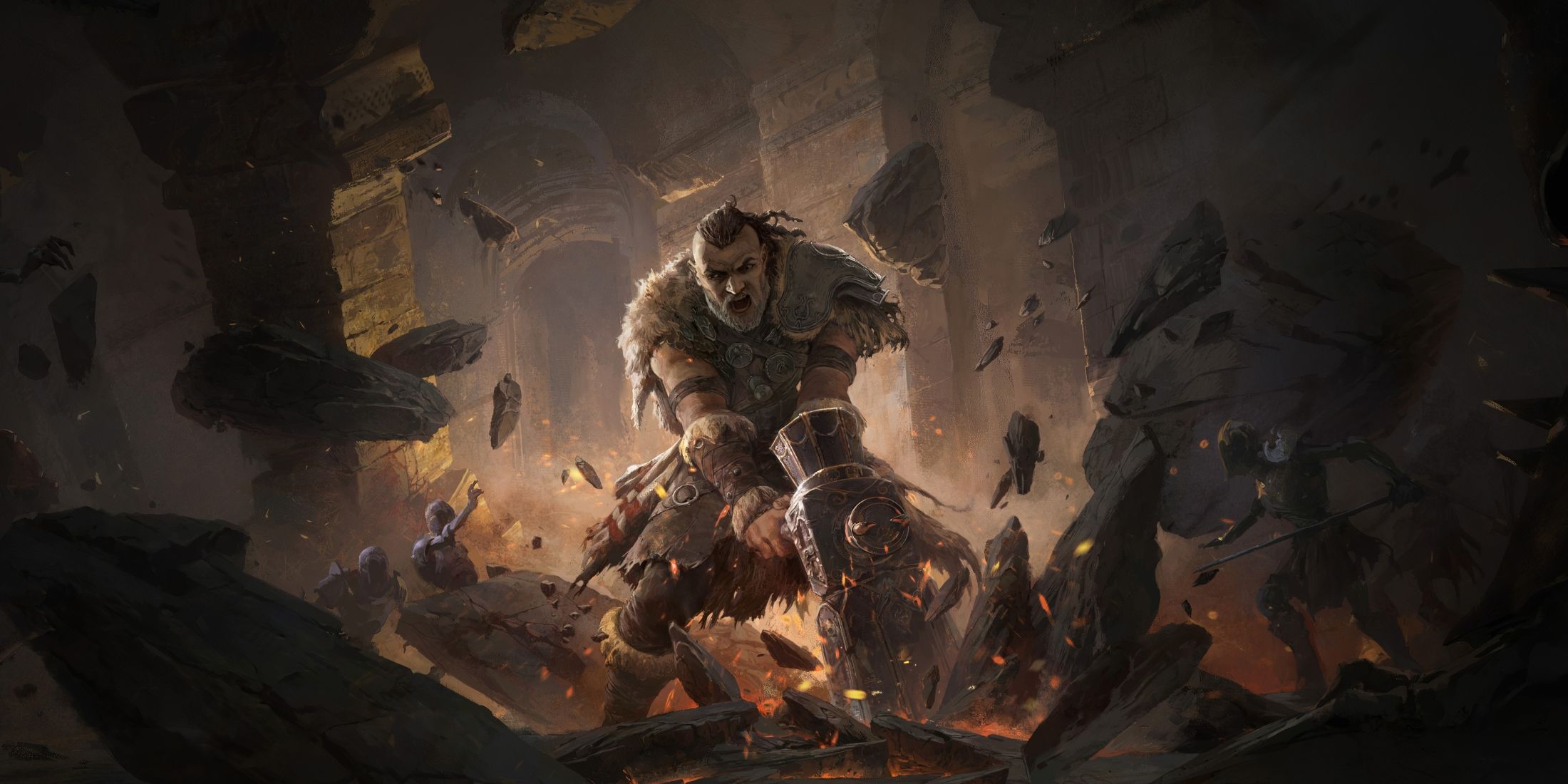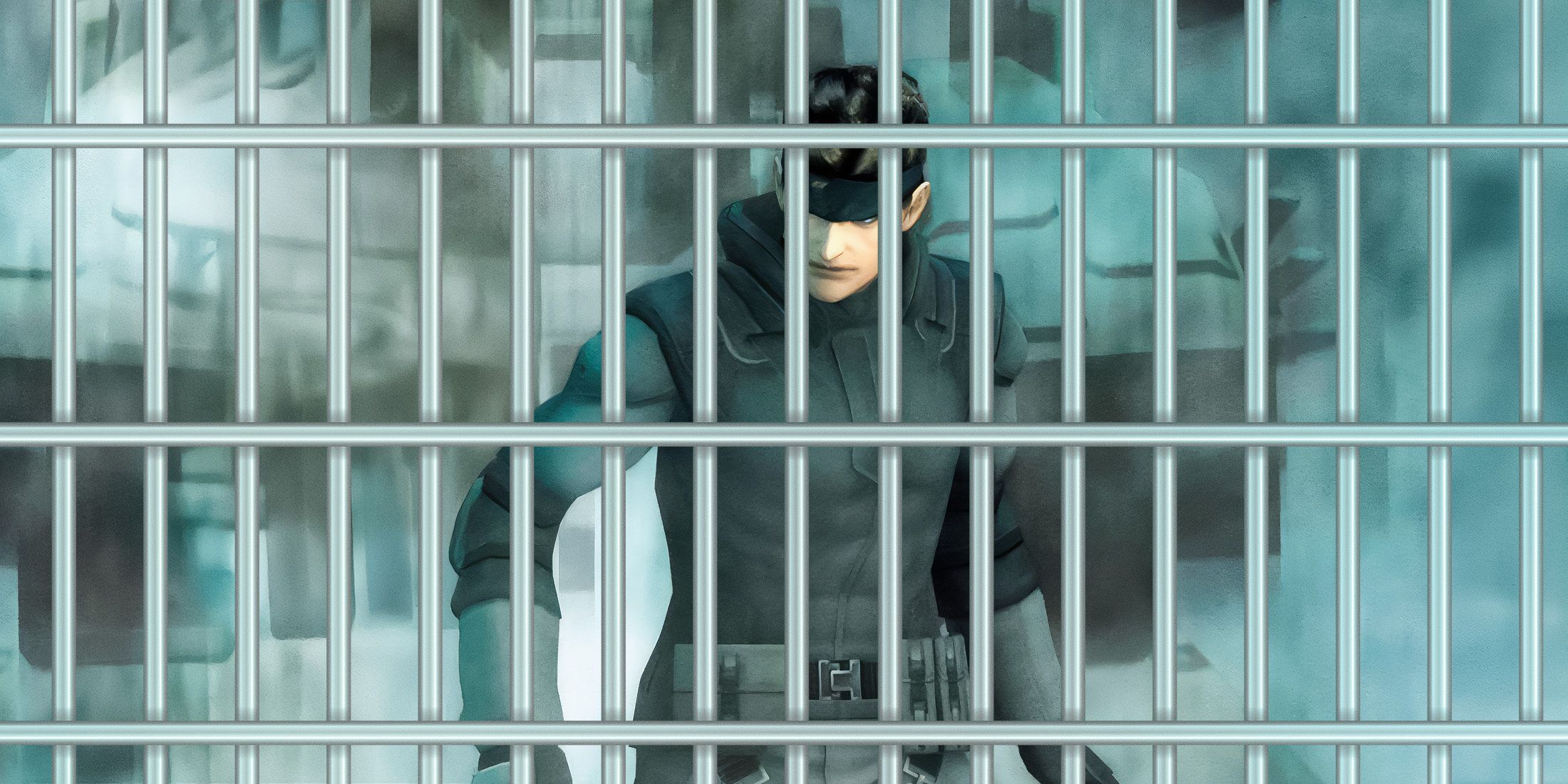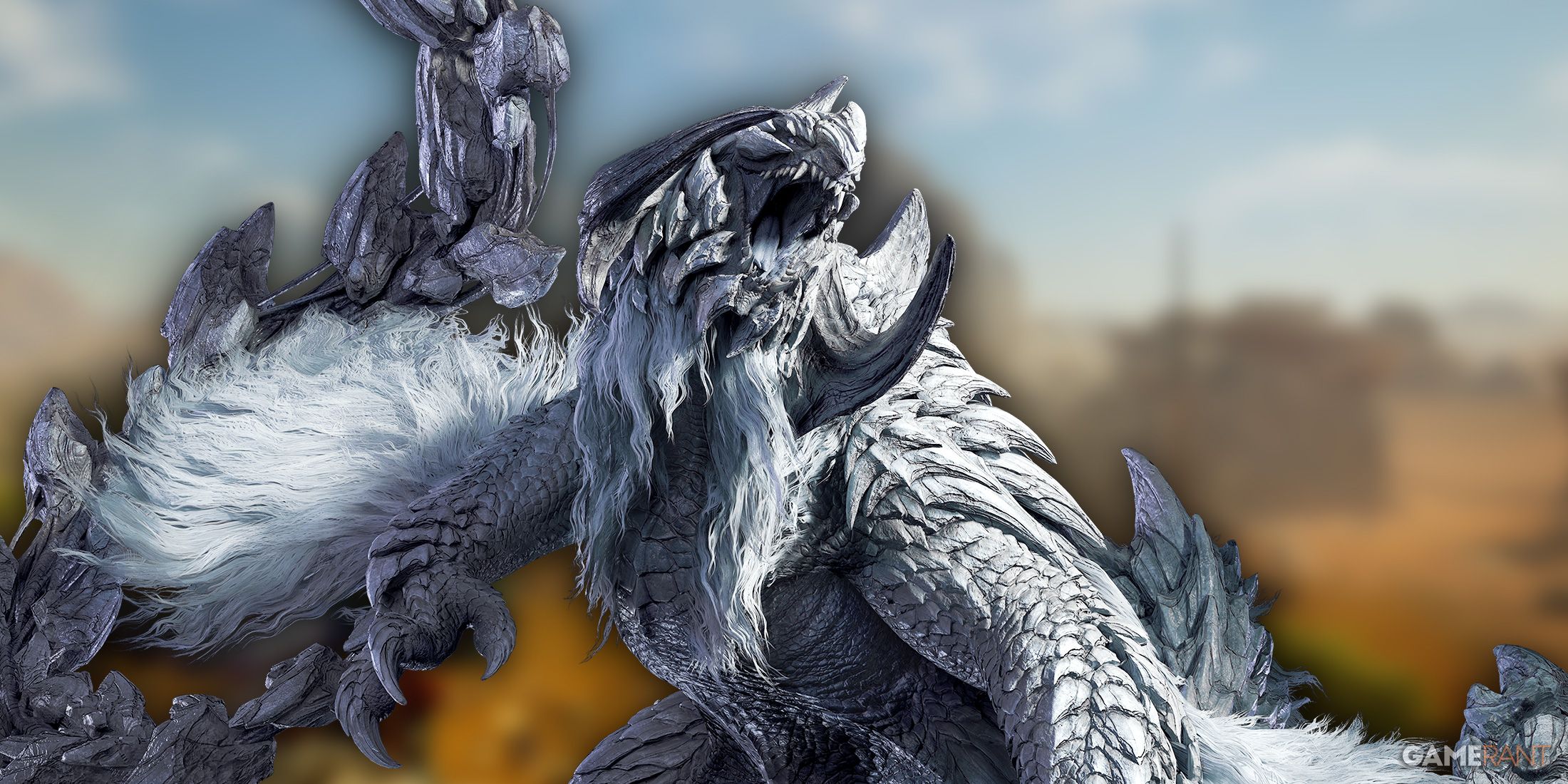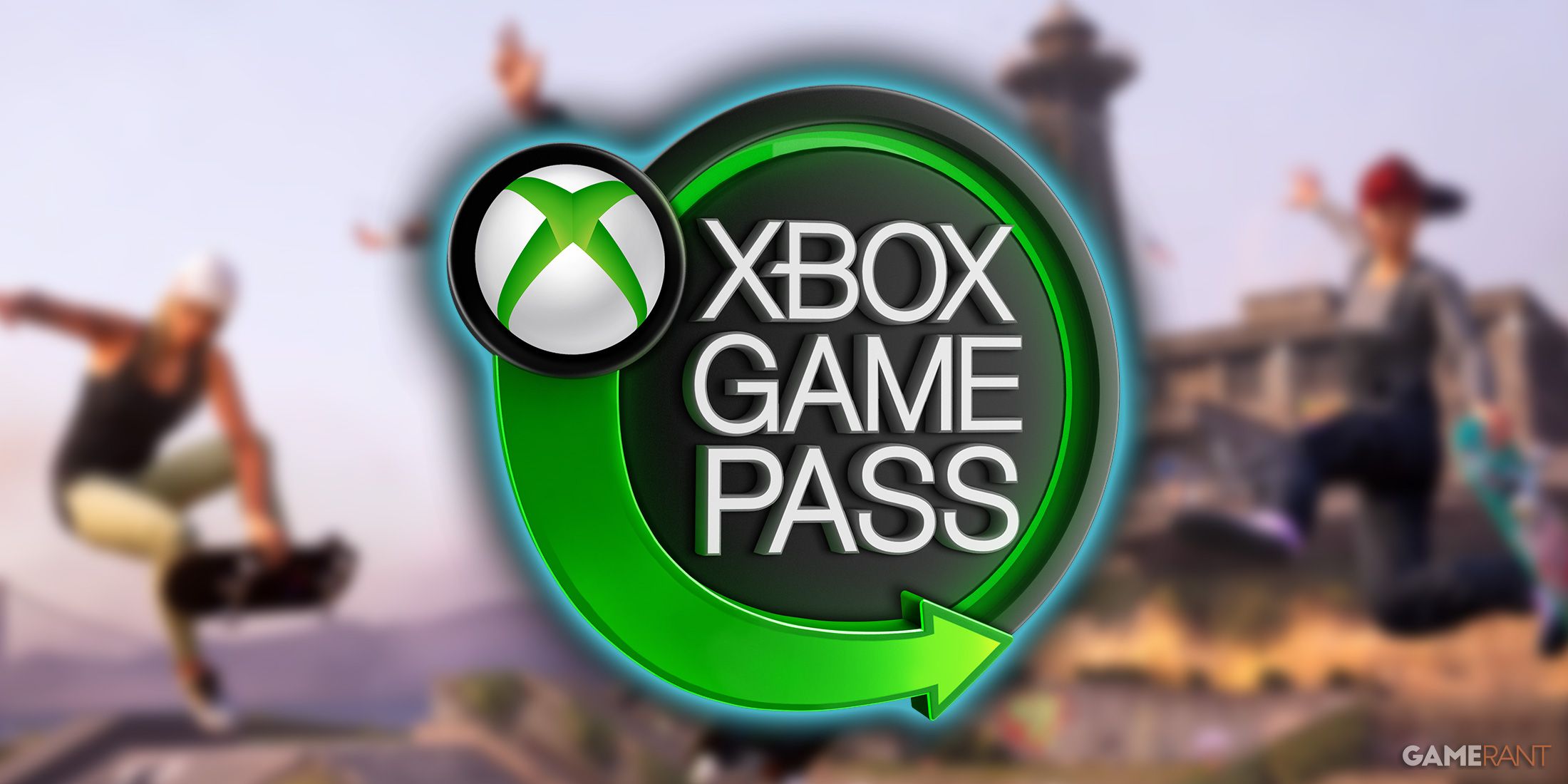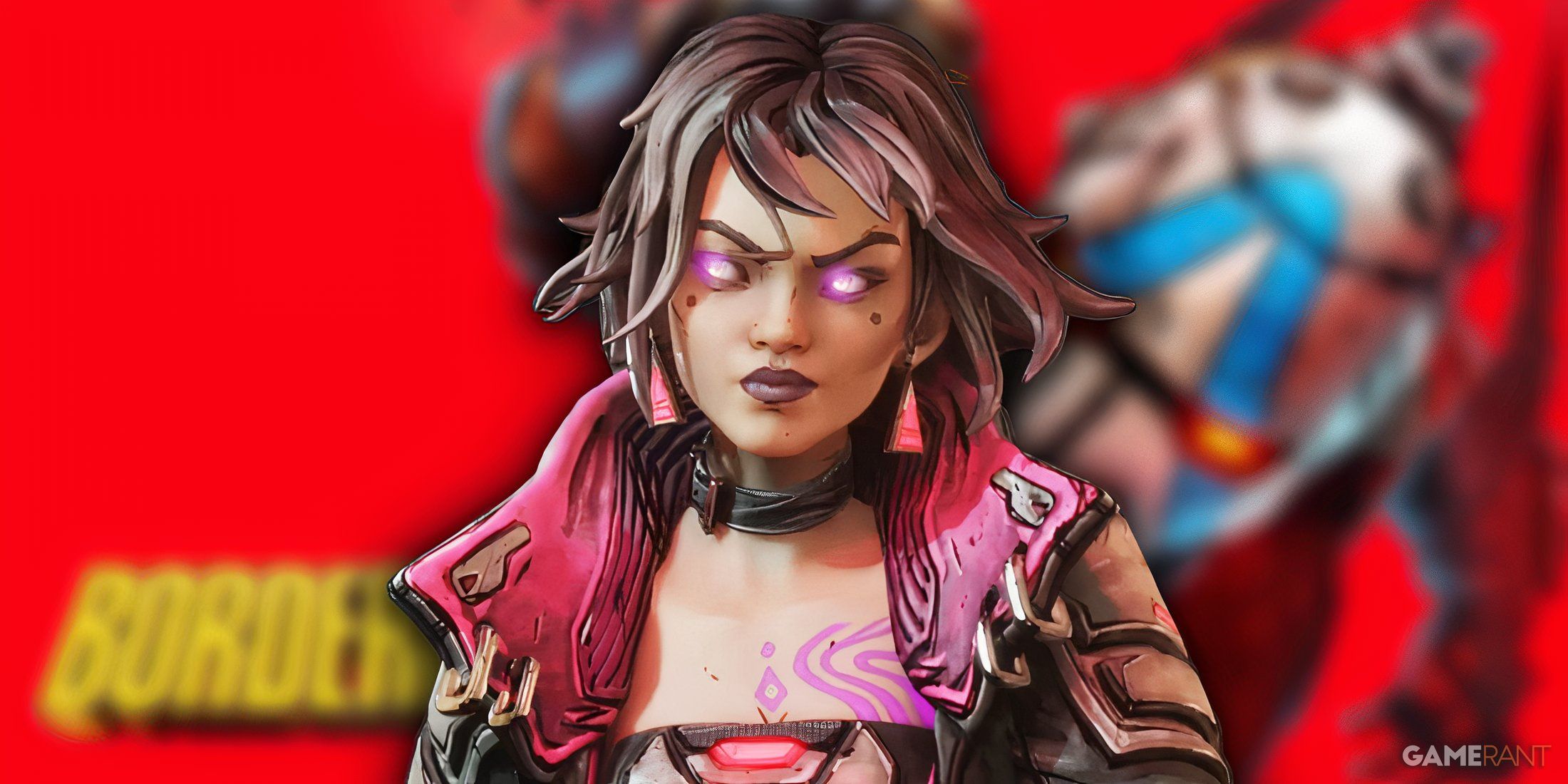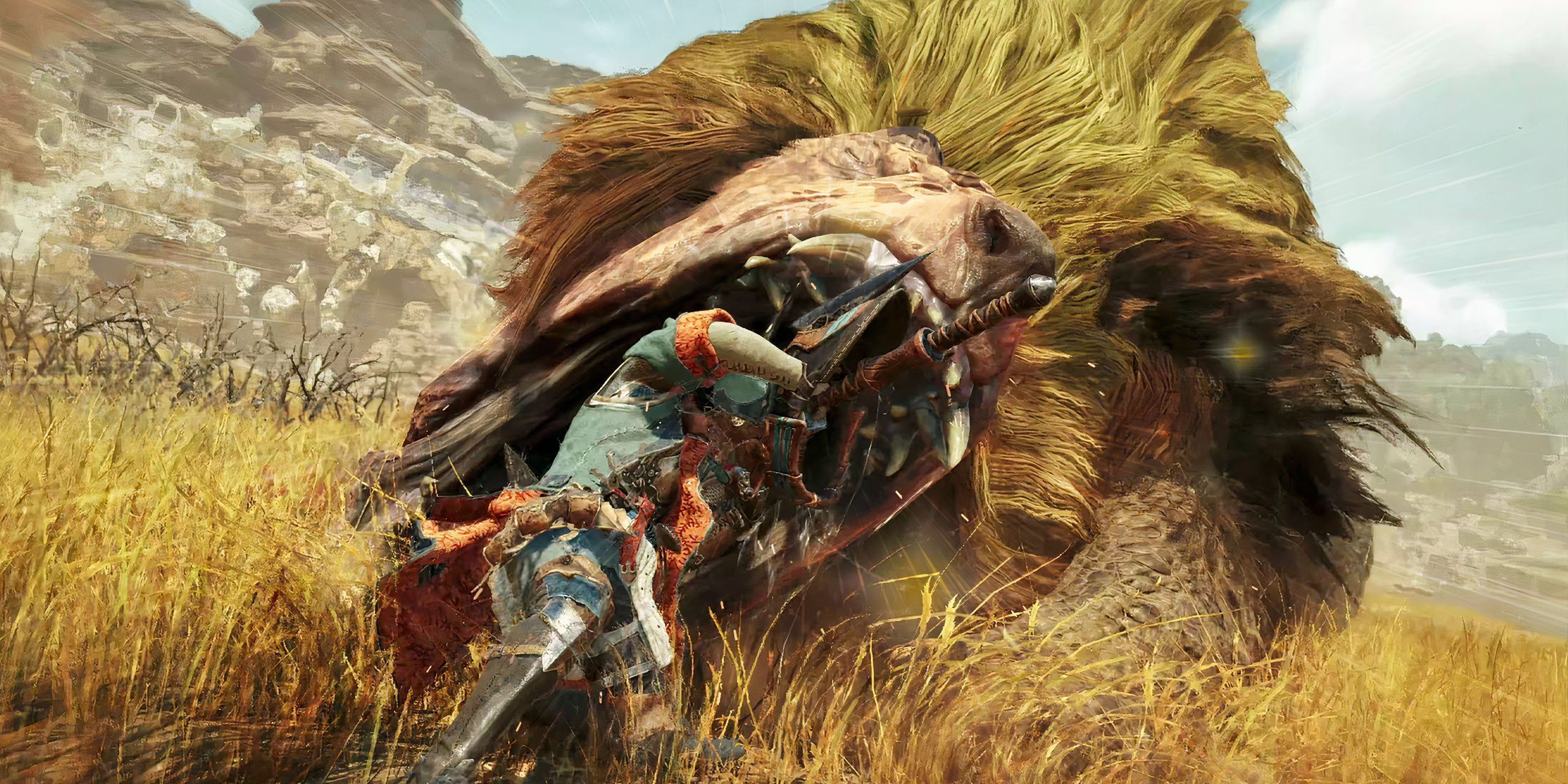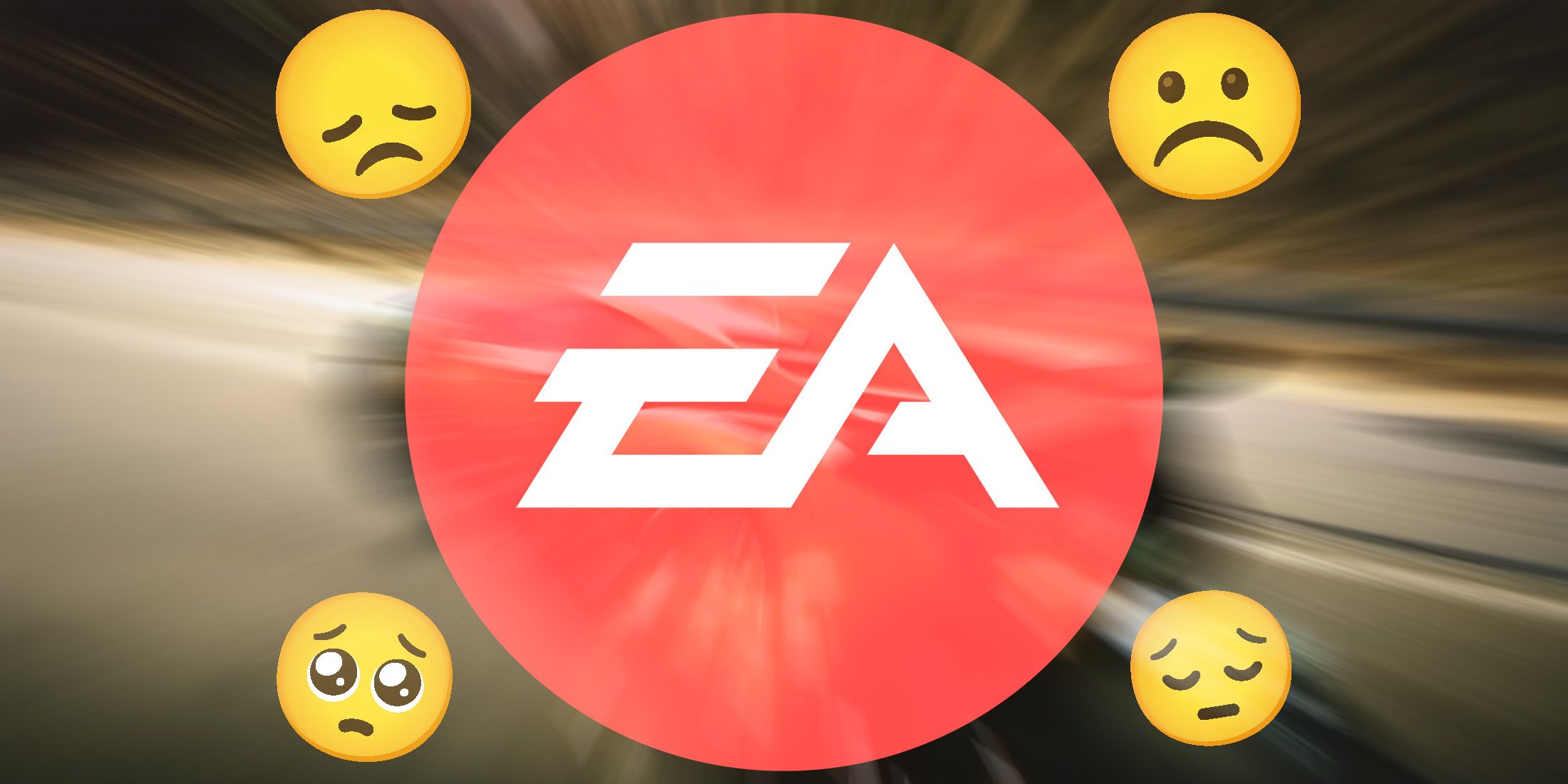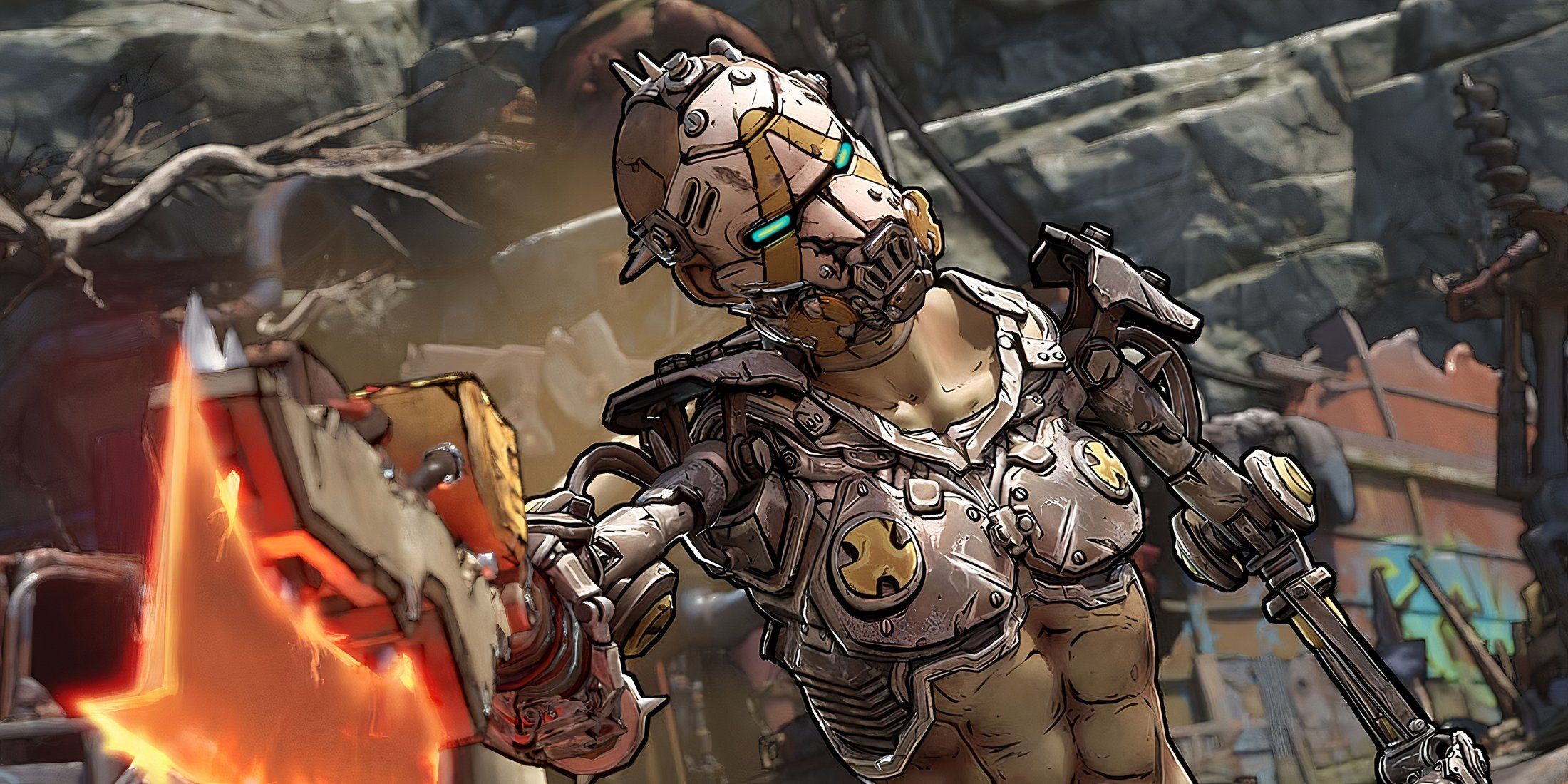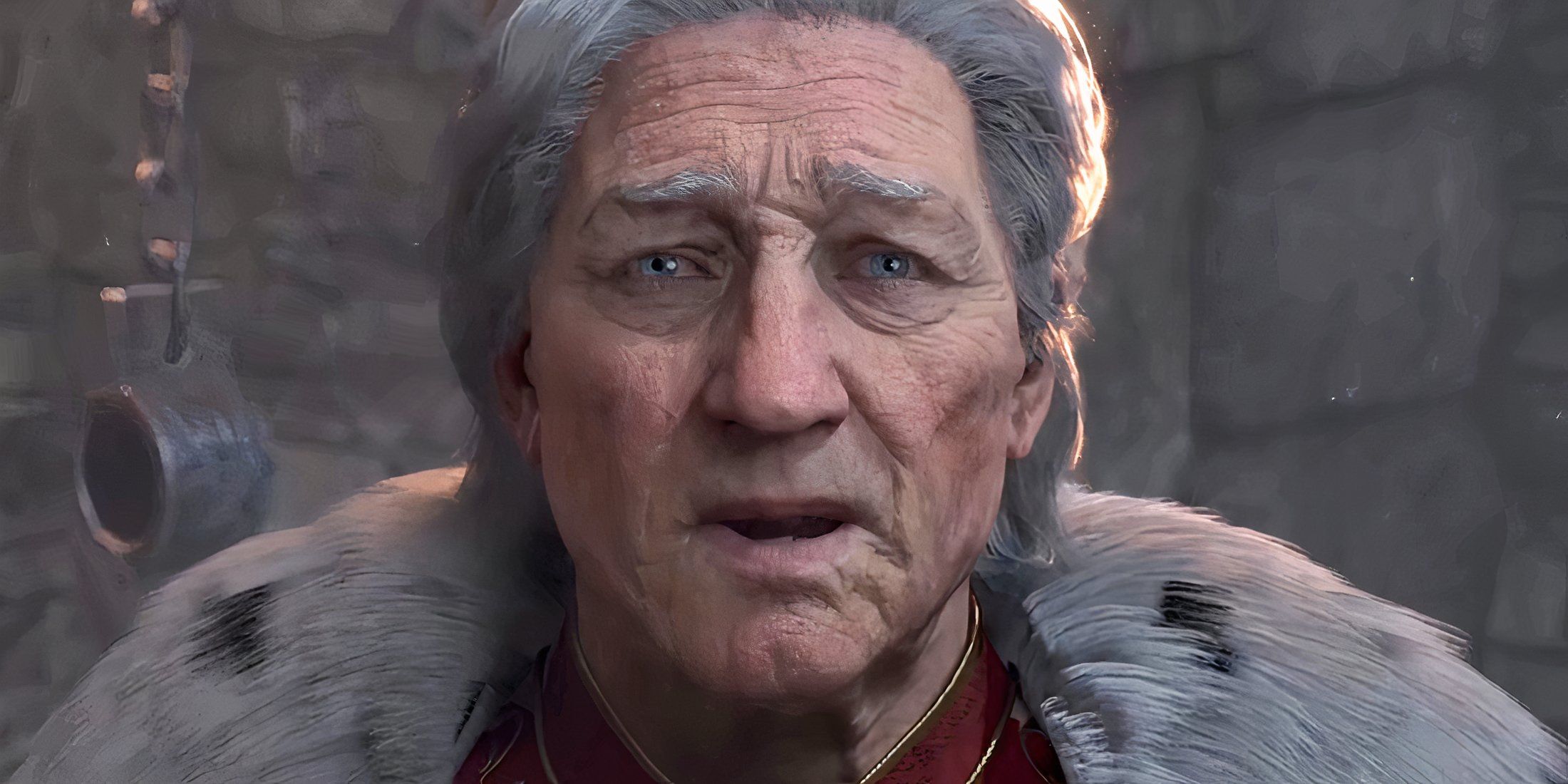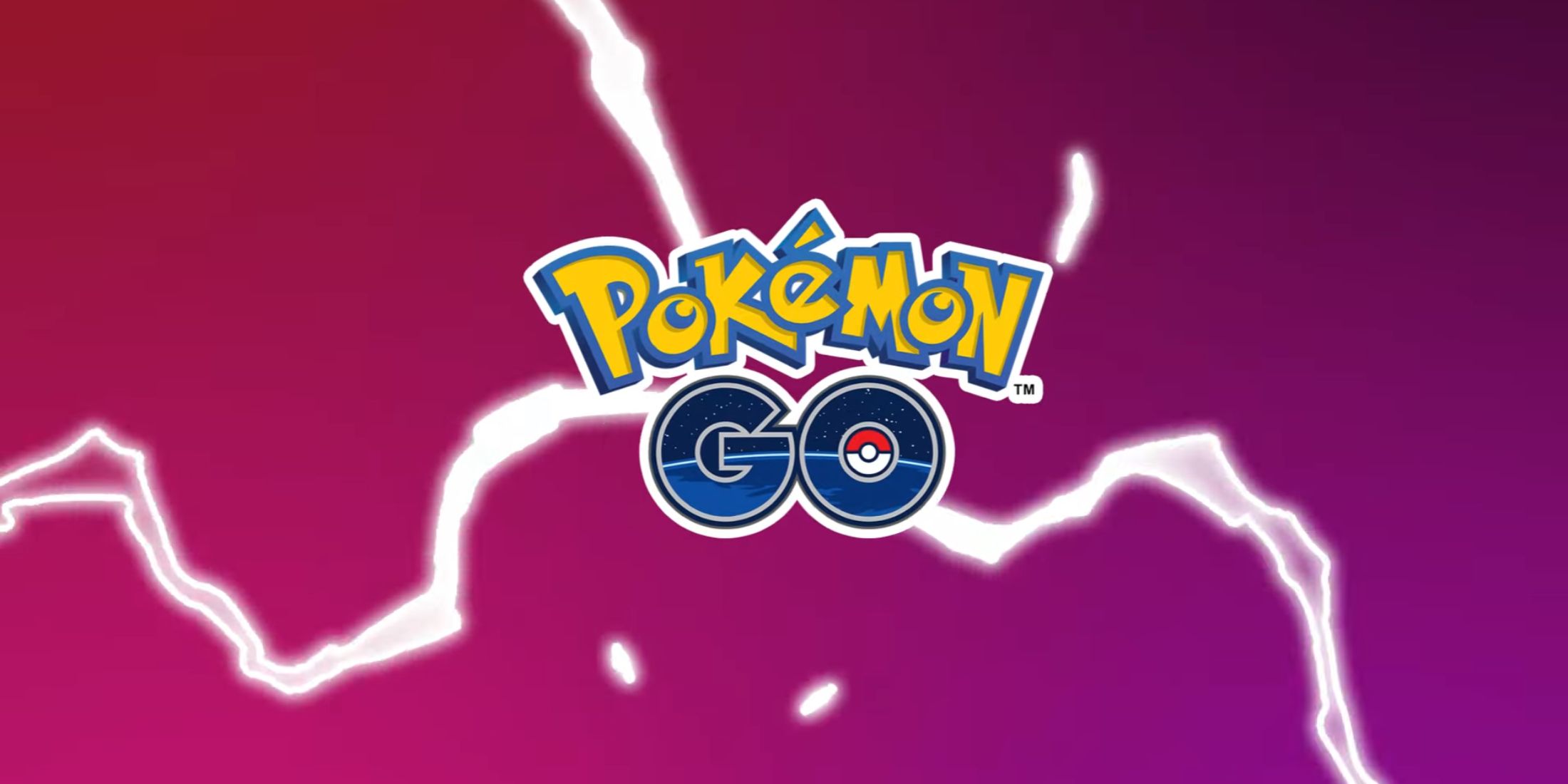
Andrew Fischer was facing a conundrum. Gamers sink literally hundreds of hours into Bethesda's Fallout games. The twisted steel and charred homesteads sprawl out in every direction, and it's hard to feel fully satiated by your save file until you've explored every square inch of the atlas. To truly appreciate Fallout, one must commune with the ghouls, and ride with the raiders, and spelunk through blown-out cafeterias and coffee shops long before we see the credits roll. Hell, sometimes we even set the side quests aside in order to bask peacefully under the wide open night sky during the brief breaks between super mutant assaults. So, how could anyone condense that entire experience—the huge gamut of emotions, story beats, and quirky diversions crucial to a Fallout adventure—into a two-hour board game? Fischer says that was his greatest challenge when he set off to bring the wasteland to kitchen tables.
"There's a fundamental difference between single-player video games and board games. When multiple people sit down at a table together, there's this social contract that they're entering into an activity, and that activity has a distinct end," says Fischer, who is one of the designers at Fantasy Flight Games that authored the Fallout board game, in an interview with WIRED. "In the Fallout video games, you play until you're done with the story, or whenever else you feel satisfied. In one of my early designs of the board game, I took that to heart. You just played it until the story finished—just to experience the narrative. But that didn't pan out in testing, because players want some sort of tension or uncertainty working toward the game's conclusion. In the video game, on the other hand, you might let the main quest just sit on the map."
Related Stories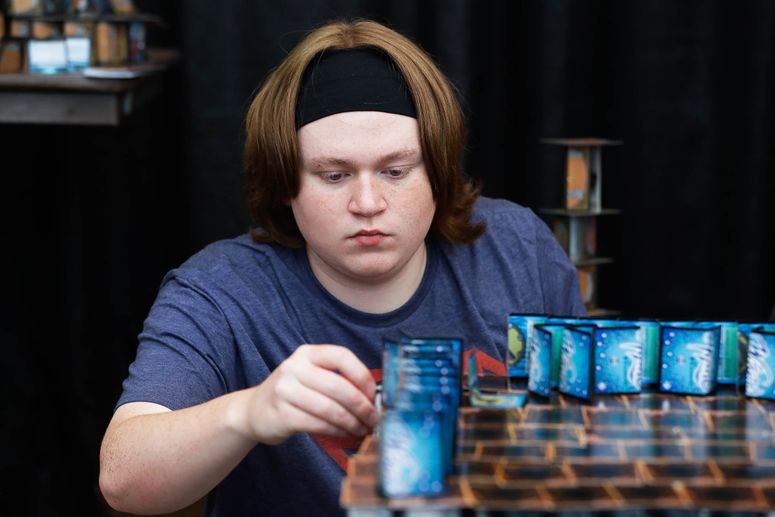 PodcastsBoard Games are Getting Really, Really PopularGeek's Guide to the Galaxy
PodcastsBoard Games are Getting Really, Really PopularGeek's Guide to the Galaxy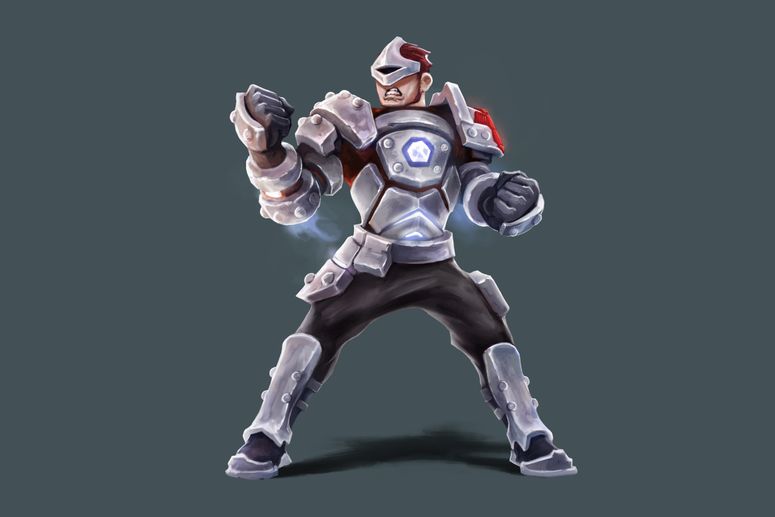 cards and codeIndie Video Games Have Finally Embraced the Tabletop SceneLuke Winkie
cards and codeIndie Video Games Have Finally Embraced the Tabletop SceneLuke Winkie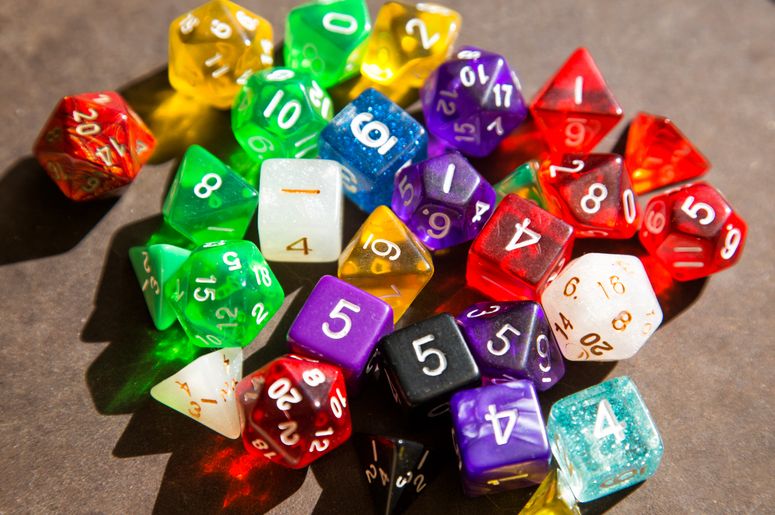 gather roundHow to Host a Remote Board Game NightEric Ravenscraft
gather roundHow to Host a Remote Board Game NightEric RavenscraftFischer split the difference in his design. The Fallout board game has the same general spirit of its mother series. Players will wander the irradiated plains, arm themselves with retrofuturistic munitions, and complete tasks issued out by all sorts of strangers and weirdos left living after the nuclear inferno. The only difference is that everyone will be competing directly against the game itself. Take too much time in your lurch across the overworld, and the Brotherhood of Steel might just secure enough influence to end the game early. A mechanic like that would never make it into the Bethesda oeuvre—just imagine earning a "game over" screen for admiring a vista for too long—but these are the compromises and paradoxes that arise when porting a highly successful video game to the tabletop realm. Fallout might carry a languid vibe on PC, but when filtered into cardboard, nobody can go AFK in Megaton for a few hours.
"Restriction breeds creativity. It's like a problem you need to solve," says Fischer, reflecting on his Fallout design. "You're presented with a question of what the quintessential experience associated with a popular video game is. You have to identify that, and create systems in an entirely different medium to capture it. It's kinda like solving a puzzle."
To be clear, Fischer isn't the only person attempting to solve that puzzle. We are living through an unprecedented boom period for tabletop adaptations of video games, and that has required countless designers to distill 3D, fully-automated environments into a pile of plastic chits. FromSoftware's Bloodborne, which packs some of the most visceral combat controls of all time, received both a card game and board game adaptation in the last six years. Dark Souls and Doom both earned dungeon-crawling modules, and Riot Games themselves created a lavish, $100 League of Legends parlor game called Mechs vs. Minions. Occasionally, 8-bit classics are resurrected from the deep with a fresh coat of paint and a slew of pretty miniatures: 2016's Mega-Man: The Board Game attempted to reimagine a showdown with Dr. Wiley with a fistful of dice to middling results. Elsewhere, the adaptations make more logical sense. Civilization VI already plays like a board game. Why would Civilization: A New Dawn function any differently? You can even make the argument that Fischer lucked out with his second Fallout venture. He designed last year's Fallout Shelter, based on the app-based management sim of the same name, which certainly seems like a much more natural fit in cardboard than an open-world RPG with a Dostoevsky-sized script.
This revolution makes good business sense. The tabletop space has exploded in popularity over the last 20 years, and major publishers have rightly identified the natural crossover appeal between analog and digital gamers. After all, who wants to trade their umpteenth bundle of hay in Catan, when they could instead be shipping out mana crystals in Azeroth? Or leading a battalion of robots in Runeterra?

